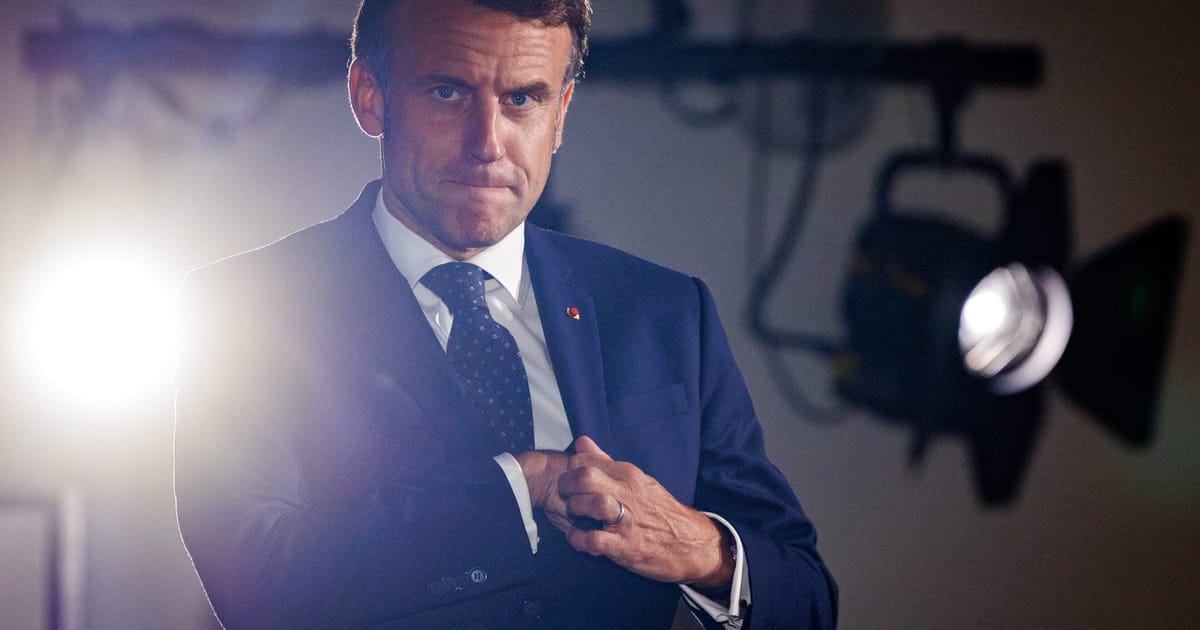

Amidst the complexity of international relations and enduring global conflicts, recent diplomatic efforts underscore a commitment to peaceful resolutions. Discussions centering around key geopolitical situations—namely, the tensions involving Ukraine and Russia, as well as the ongoing conflict in Gaza—reveal a hopeful movement towards stability through dialogue. Collectively, these efforts highlight a vision for a more harmonious world, emphasizing negotiation and understanding as primary tools for conflict resolution.
In a significant development, French President Emmanuel Macron and Russian President Vladimir Putin have engaged in a conversation for the first time since 2022, with a primary objective focused on fostering peace between Russia and Ukraine. A critical point of agreement during this dialogue was the shared belief that diplomatic channels are essential in resolving the crisis surrounding Iran’s nuclear program. This forms a vital part of broader international efforts to ensure that global disputes are handled diplomatically, steering clear of escalations that could lead to further violence or instability.
The discussions between Macron and Putin mark a noteworthy step, illustrating the importance of continued dialogue even amidst prolonged tensions. By keeping lines of communication open, there is a reinforced possibility of paving pathways towards a sustainable ceasefire and eventual peace. Such diplomatic undertakings are essential in re-building trust and assurance among nations, setting a precedent for future engagements on other contentious matters.
Meanwhile, across another pivotal geopolitical landscape, former U.S. President Donald Trump has expressed a firm stance in pursuing a ceasefire agreement between Israel and Hamas in Gaza. On June 27, Trump indicated that progress was being made towards achieving a ceasefire, hinting at the proximity of an agreement that could halt the ongoing hostilities. His statement reflected an assertive approach to encourage cooperation and peace, emphasizing the importance of strident diplomacy in conflict resolution.
Trump’s determination to be “very firm” with Israeli Prime Minister Benjamin Netanyahu further underscores the international focus on resolving the situation in Gaza. The pursuit of a ceasefire in this region stands as a testament to the global community’s unwavering commitment to peace, as the broader impacts of such conflicts resonate deeply, affecting countless lives and threatening regional stability.
The parallel diplomatic channels involving both Macron’s engagement with Putin and Trump’s initiative in the Middle East highlight a concerted global effort to manage and resolve significant conflicts through principled dialogue. These actions reflect a mindful approach to international relations—one that seeks to prioritize discussion over discord and unite conflicting parties through shared goals of peace and security.
Such endeavors reinforce the notion that, despite the challenges inherent in international diplomacy, progress is possible when leaders are willing to engage constructively. By championing diplomatic discussions, the involved parties are setting a crucial framework for overcoming differences and averting potential escalation into broader conflict. The unfolding negotiations in both regions offer a ray of hope, symbolizing that diplomacy remains a viable and effective means of addressing even the most entrenched of disputes.
In conclusion, as global leaders navigate the intricate landscape of international diplomacy, the emphasis on dialogue and peaceful engagement continues to emerge as a defining characteristic of current efforts. These recent interactions, focusing on Ukraine, Russia, and Gaza, serve as an encouraging affirmation of peace-building initiatives that aspire to transform conflict into cooperative resolution. Through steadfast dedication to diplomacy, the vision of a more harmonious global community edgecloser to reality.
Source: {link}
